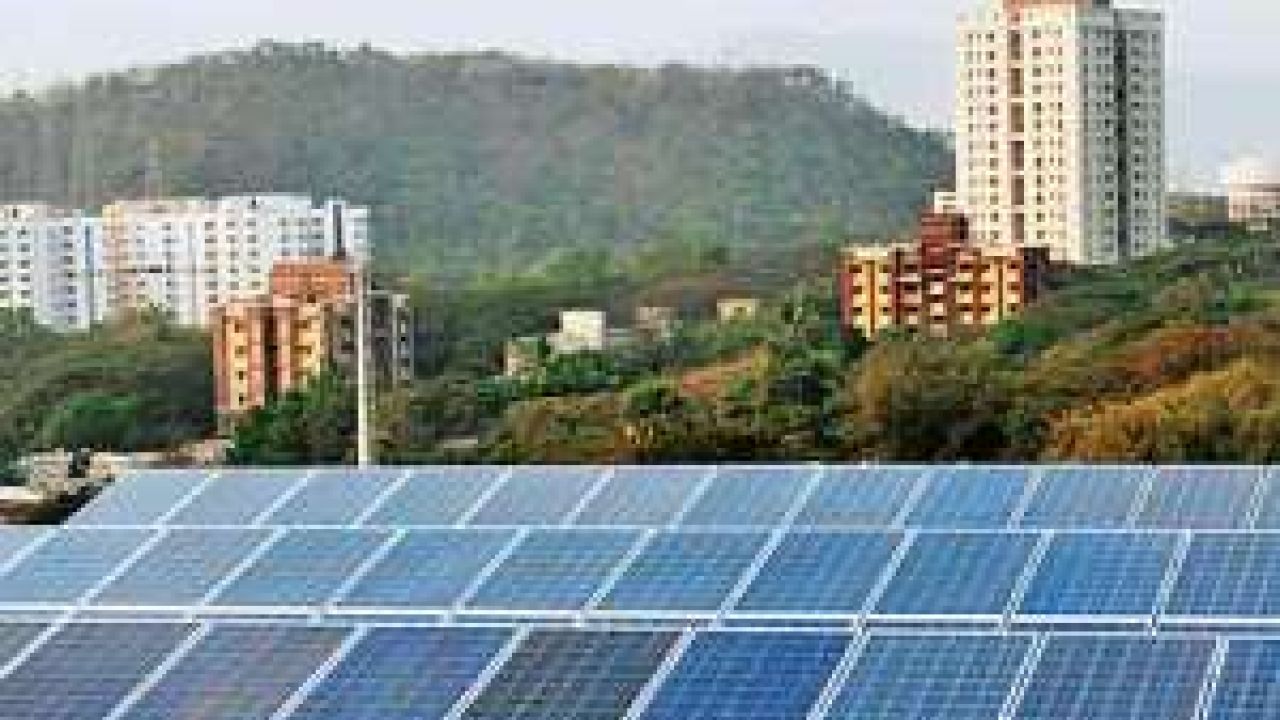
How do you view the downward revision of gas price to $5.61/mmbtu from the Rangarajan Committee's formula of $8.4/mmbtu, and the new government's promise of transparency?
Price revision cannot and should not be arbitrary or outside the ambit of the Production Sharing Contract(PSC). Ministry of Petroleum and Natural Gas(MoPNG) has ignored Article 21 of the PSC which prescribes the procedure for this. MoPNG is silent on pricing Associated Natural Gas(ANG) which RIL produces in significant quantities despite the separate approach for pricing ANG in Artice 21. It shows either utter non-application of mind or deliberate acquiescence. As per Article 21, either a “competitive arms length” price can be discovered by the market or not. While the gas markets are highly fragmented, still, if one were to look for the holy grail of such an arms length price, the only benchmark that the government ever had was $2.34/MMBTU offered to NTPC by RIL itself in an international competitive bid format to be valid for 17 years. If arriving at an arms length price is found difficult, Article 21.6.3 required the government to refer price fixation to a regulator. Unfortunately, the government chose not to empower the petroleum regulator. By arrogating to itself the authority to approve the gas price formula based on Empowered Group of Ministers (EGoM) recommendations, the government politicised the pricing mechanism. How can either Rangarajan Committee or a Secretaries' Panel discover an arms length price when the market itself finds this difficult? If the new government really wanted transparency, it would have placed all documents in the public domain, including the Secretaries' Panel Report and the exact pricing formula now notified. This is yet to happen.
You have raised concerns of ecological damage and land subsidence in the Godavari basin. What is the official response on this?
There is an ongoing case before Andhra Pradesh High Court on this. Gopalakrishnan report, not divulged by MoPNG as required under the RTI Act, pointed to such subsidence which had apparently damaged the fertile agricultural lands of the KG basin. MoPNG, to the best of my knowledge, has not acted fully on the court directions so far.
Having been power secretary earlier, where do you find our energy policy faltering? Do you see nuclear energy as a lesser evil than coal?
One should recognise the hard reality that the extractable coal resources in India would not last more than 15-20 years at the presently projected rate of increase in the coal demand. India cannot become a large importer of coal. Gas resources, despite all the loose statements made by responsible persons in the government, are also limited. They will not last for more than 15 years. Nuclear is highly unsafe and very, very expensive. Some cost elements in nuclear power cannot even be quantified. (Waste management, decommissioning). The Department of Atomic Energy functions in a non-transparent way. DAE is yet to place in the public domain the Action Taken Reports for safety audits conducted in the past, despite a PMO commitment to that effect. The moral of the story is “conserve energy, shift to renewables, especially roof-top solar units”.
The CAG and judiciary have been accused of harming economic growth by their interventions in KG Basin, 2G or coal block allocations. Do you buy this argument?
The corporate grip on governments and their policies is clearly evident. Crony capitalism is there to see in every government. These crony capitalist reformers within and outside the government use misleading words such as “investor-friendliness” to mean choking competition, destroying the sanctity of sovereign contracts and subsidising corporate profits. Genuine investors look for governments that uphold contractual sanctity, give equal treatment to all investors, transparency, predictability and absence of corruption. These are in a deficit today.